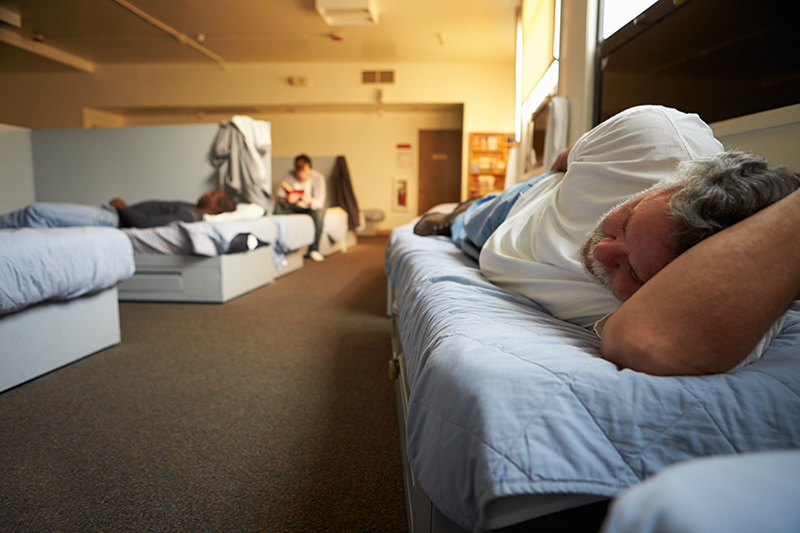
Conditions et qualité de vie
Les conditions de vie et la qualité de vie sont l’une des six principales activités du programme de travail d’Eurofound pour la période 2021-2024. Eurofound continuera de cartographier et d’analyser les principaux aspects liés à l’amélioration des conditions de vie des personnes en Europe, y compris des informations sur leur perception de la qualité de vie et de la société. Étant donné que la pandémie de COVID-19 et la crise économique persistante ont profondément affecté la vie des gens, Eurofound continuera d’étudier l’impact de cette crise sur les citoyens de l’UE à différentes périodes de la vie.
Au cours de la période 2021-2024, les recherches d’Eurofound permettront d’obtenir de précieuses informations sur les défis et perspectives dans le domaine des conditions de vie et de la qualité de vie dans l’UE et le rôle joué par diverses initiatives visant à atténuer les difficultés sociales éprouvées par divers groupes de citoyens. Les conséquences de la crise pour les personnes âgées et les besoins en matière de soins, les jeunes et leur inclusion et mobilité sociales, ainsi que les conséquences variables sur les hommes et les femmes présentent un intérêt particulier.
Les services publics dans l’ensemble de l’UE ont joué un rôle majeur dans le combat de la crise liée à la COVID-19, tout en étant confrontés à des défis importants, et ils seront évalués plus en détail, en se concentrant sur des questions telles que la qualité, l’accès et le niveau de prix abordable. Comme l’ont montré de précédentes études, la crise a eu des effets disproportionnés sur certains groupes en fonction de l’âge, des responsabilités en matière de garde et de soin et de l’équilibre entre vie professionnelle et vie privée ; Eurofound approfondira cette analyse.
En coordination avec l’Institut européen pour l’égalité entre les hommes et les femmes (EIGE), Eurofound entend explorer l’écart multidimensionnel entre les genres, et ce en étudiant l’impact sur les hommes et les femmes de la crise liée à la COVID-19 en termes de participation à l’emploi, de conditions de vie matérielles et de bien-être – afin d’identifier les différences et d’évaluer son effet sur la disparité entre les genres.
- Infographie: Conditions de vie et qualité de la vie dans l’UE










